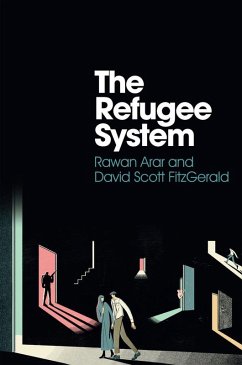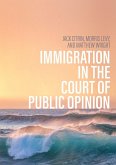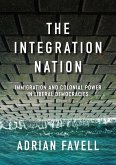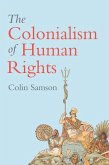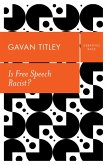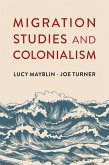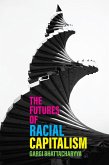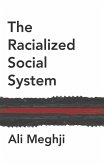Dieser Download kann aus rechtlichen Gründen nur mit Rechnungsadresse in A, B, BG, CY, CZ, D, DK, EW, E, FIN, F, GR, HR, H, IRL, I, LT, L, LR, M, NL, PL, P, R, S, SLO, SK ausgeliefert werden.
Ethnic and Racial Studies
"This book [demonstrates] the value of using a systems approach to understand the refugee system. While it is challenging to empirically measure and capture all interactions between refugee drivers, actors, states, policies, and institutions involved, the book has shown that demographic analysis can benefit from using a holistic approach in the production of knowledge about refugees."
Raya Muttarak, Population and Development Review
"A work of brilliance, Arar and FitzGerald's The Refugee System illuminates the phenomenon in a way that no one has done before, providing an indispensable framework for understanding the causes and consequences of forced migration as well as the ways in which states and institutions have responded when faced with people fleeing violence and persecution."
Roger Waldinger, University of California, Los Angeles
"A rich analysis of the ways in which migrants and refugees interact with entangled legal and political regimes. Arar and FitzGerald never lose sight of the people most affected by the phenomena under discussion: refugees themselves, and their communities."
Laura Madokoro, Carleton University
"During the past decade, the refugee issue dominated the world's media headlines and has risen to the very top of the global policy agenda. This groundbreaking book provides a uniquely comprehensive, systematic and humane analysis of this important topic."
Jeff Crisp, Refugee Studies Centre, University of Oxford

